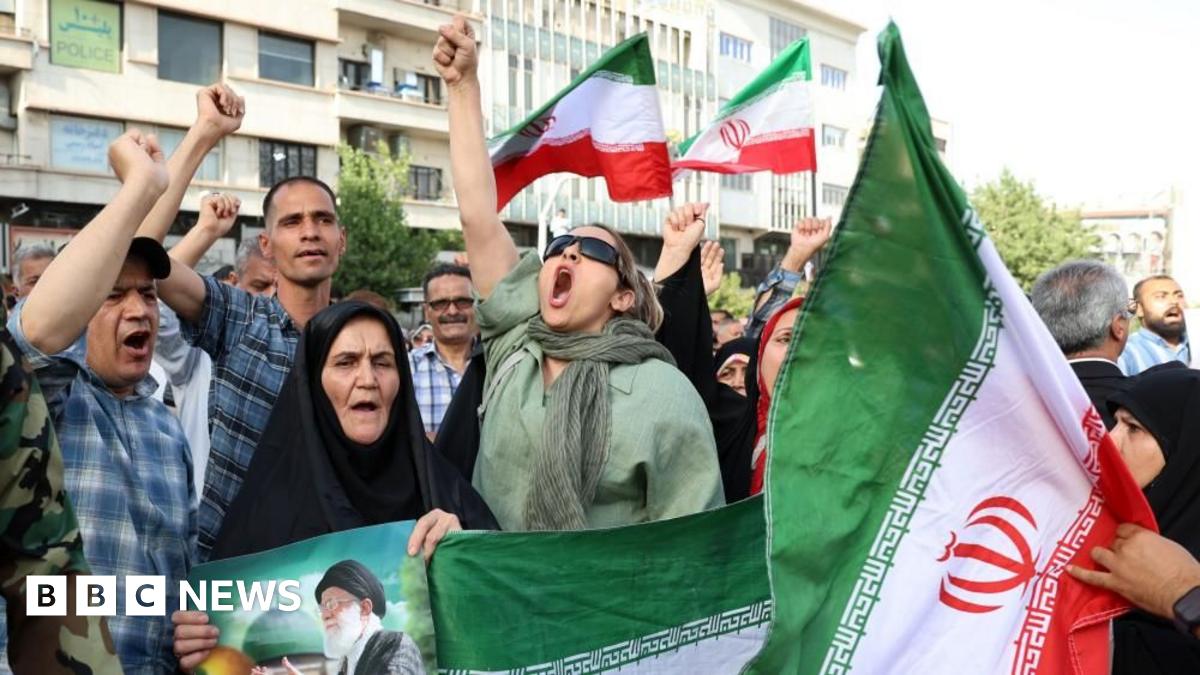Iran vs. Israel: Despite Military Disparity, Tehran Holds Crucial Leverage in Potential Conflict
The recent ceasefire between Israel and Iran, brokered initially under the Trump administration, hangs by a thread. While Israel undeniably possesses a significantly more advanced and powerful military, dismissing Iran's capabilities would be a grave error. Despite the stark military imbalance, Tehran retains several key strategic cards it could play should the ceasefire unravel, potentially escalating the already tense situation in the Middle East.
The Military Reality: A David and Goliath Scenario
Objectively, Israel's military strength dwarfs that of Iran. Israel benefits from substantial U.S. military aid, advanced weaponry, and a highly trained and technologically proficient fighting force. Their air force is considered one of the best in the world, and their intelligence capabilities are formidable. Iran, on the other hand, has historically focused on developing its own indigenous military capabilities, often hampered by international sanctions and restrictions on acquiring advanced technology. Their equipment is often older and less sophisticated compared to Israel's.
Iran's Three Key Cards: A Multi-faceted Strategy
However, military might isn't the only factor determining the outcome of a conflict. Iran’s strategy revolves around leveraging asymmetric warfare and exploiting vulnerabilities. Here's a breakdown of the three key cards Tehran holds:
- Proxy Forces: Iran's most potent advantage lies in its network of proxy groups across the region. Hezbollah in Lebanon, Hamas in Gaza, and various Shia militias in Iraq and Syria all receive varying degrees of support from Iran. A renewed conflict could see these groups launching attacks against Israeli targets, stretching Israeli military resources and complicating any potential response. The geographic spread of these groups makes a concentrated military response exceedingly difficult.
- Missile Capabilities: Iran has invested heavily in its ballistic missile program. They possess a substantial arsenal of short-, medium-, and long-range missiles capable of striking targets within Israel and potentially beyond. While Israel has developed missile defense systems like Iron Dome, a barrage of missiles could overwhelm these defenses and inflict significant damage, particularly targeting infrastructure and urban centers. The sheer volume of missiles is a significant deterrent.
- Cyber Warfare: Increasingly, Iran has demonstrated its capabilities in cyber warfare. A potential conflict could see Iran launching cyberattacks against Israeli critical infrastructure, including power grids, communication networks, and financial institutions. The impact of such attacks could be devastating, disrupting essential services and causing widespread chaos. While Israel is also adept at cyber warfare, Iran’s persistent efforts have yielded significant advancements.
The Stakes and Potential Outcomes
The collapse of the ceasefire would have severe consequences for the entire region. A full-scale conflict between Israel and Iran, even with Iran’s asymmetric advantages, would likely be devastating for both countries. The involvement of proxy groups could draw in other regional actors, further escalating the conflict. Furthermore, a prolonged conflict would likely disrupt global oil markets and exacerbate existing economic challenges.
Conclusion: A Precarious Balance
While Iran's military strength pales in comparison to Israel's, Tehran's strategic cards – its proxy network, missile capabilities, and cyber warfare prowess – provide it with significant leverage. This precarious balance underscores the urgent need for continued diplomatic efforts to maintain the ceasefire and prevent a catastrophic conflict. The situation remains volatile, and any miscalculation could have far-reaching and devastating consequences.






